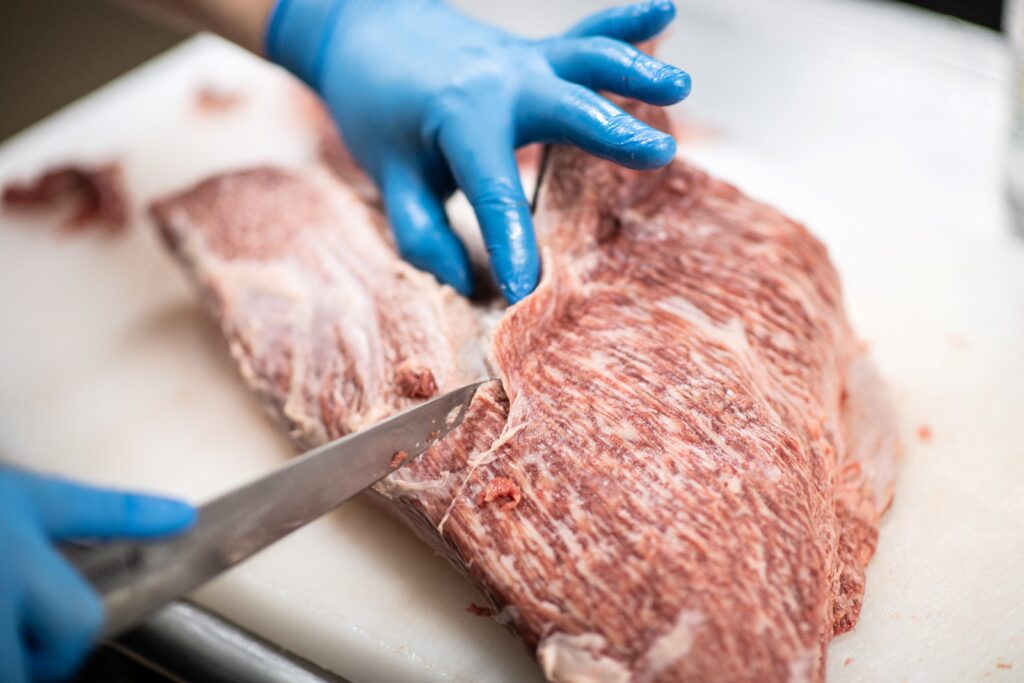
- ARAB NEWS
- 14 Jun 2025

TOKYO: The southern Japanese prefecture of Miyazaki is trying to boost demand for its wagyu beef in Muslim markets across the Middle East and Southeast Asia, according to a Nikkei Asia report.
With tough competition among Japanese meat exporters, halal-certified Miyazaki wagyu has the potential to sell well in the Muslim world, which accounts for a quarter of the world’s population.
In early March, about 70 local buyers and food industry professionals gathered at a restaurant in Doha for a promotional event for Miyazaki wagyu. Participants at the event—which included a seminar on how to cut and cook the meat—got a chance to taste wagyu cutlets, steaks, and shabu-shabu hot pot dishes using premium cuts such as tenderloin, sirloin, and rib roast.
Officials from the Miyazaki prefectural government and SE Meat Miyazaki, a meat processing company, explained how the cattle are raised exclusively within the prefecture, from birth to shipment. They also noted that Miyazaki beef has won the top prize at Japan’s national wagyu competition several times. The officials noted that the tasting event has already led to business negotiations.
SE Meat Miyazaki has obtained halal certification for meat processing at its plant in Saito, Miyazaki Prefecture. Although wagyu exports from Japan are expanding, there are relatively few halal-certified exporters.
To enter this market, SE Meat Miyazaki hired five Bangladeshi Muslim workers and obtained certification from the Tokyo-based Japan Islamic Trust after completing the construction of its processing plant. In late January, the company made its first shipment to the Middle East, airfreighting 150 kilograms of frozen beef to Qatar. The company aims to export 94 tonnes of beef in fiscal 2027.
Currently, the U.S., Taiwan, Hong Kong, Singapore, Canada, and the European Union are the main destinations for Miyazaki wagyu shipments. Exports reached a record 1,248 tonnes in fiscal 2023, with a value of 8.4 billion yen.